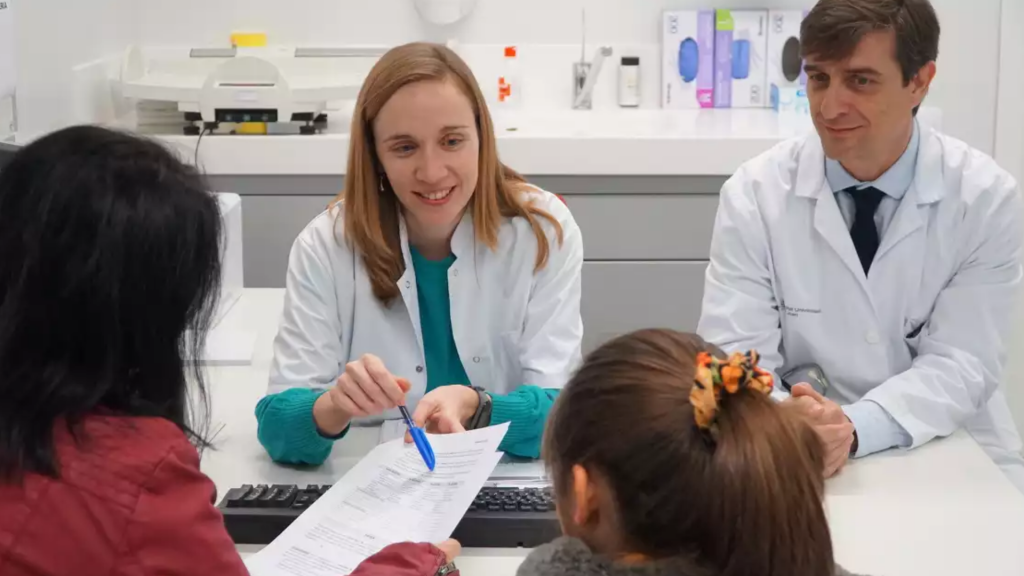Press notes 10/01/2024
The European Parliament includes chronic pain in the report on mental health, key to improving how it is treated
This change, the result of the insistence by Jordi Miró, director of the URV’s Chair for Paediatric Pain, should allow more comprehensive and interdisciplinary care for patients

This change, the result of the insistence by Jordi Miró, director of the URV’s Chair for Paediatric Pain, should allow more comprehensive and interdisciplinary care for patients
Chronic pain has been added to the European Parliament’s latest resolution on mental health, thanks to the efforts of Jordi Miró, director of the URV-Grünenthal Foundation Chair for Paediatric Pain. According to Miró, this change should improve the treatment of chronic pain, as care for patients will have to be more comprehensive and interdisciplinary, and involve, for example, professionals in psychology.
The European Parliament considers that so-called non-communicable diseases, especially chronic pain in children and young people, can have a profound impact on mental health and well-being, and that the challenges they pose often contribute to stress, depression, anxiety and suicidal behaviour. In short, children and young people are particularly vulnerable to developing mental illnesses.
For this reason, the resolution supports the United Nations in its call to develop effective mental health and psychosocial support programmes for people with this type of problem, and asks the European Commission and the member states to address the effects of such noncommunicable diseases as chronic pain via mental health and suicide policies and programmes.
“The fact that the report includes chronic pain and also mentions pain in children and young people is recognition that the effects on patients are not only physical but also psychological, which should pave the way for treatments in this population to include mental health care. This means that they will be more complete”, explains Jordi Miró, who believes that there is still a lot of work to do to ensure that there is sufficient infrastructure and knowledge for the plans to go ahead: “If things are to work out, professional training, currently very deficient, must be improved and more professionals must be available, particularly in primary care.” The director of the URV-Grünenthal Foundation Paediatric Pain Chair points out that clinical guidelines, such as those of the World Health Organization, have long called for people with chronic pain to have access to interdisciplinary treatments.
